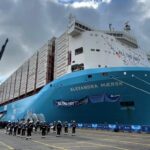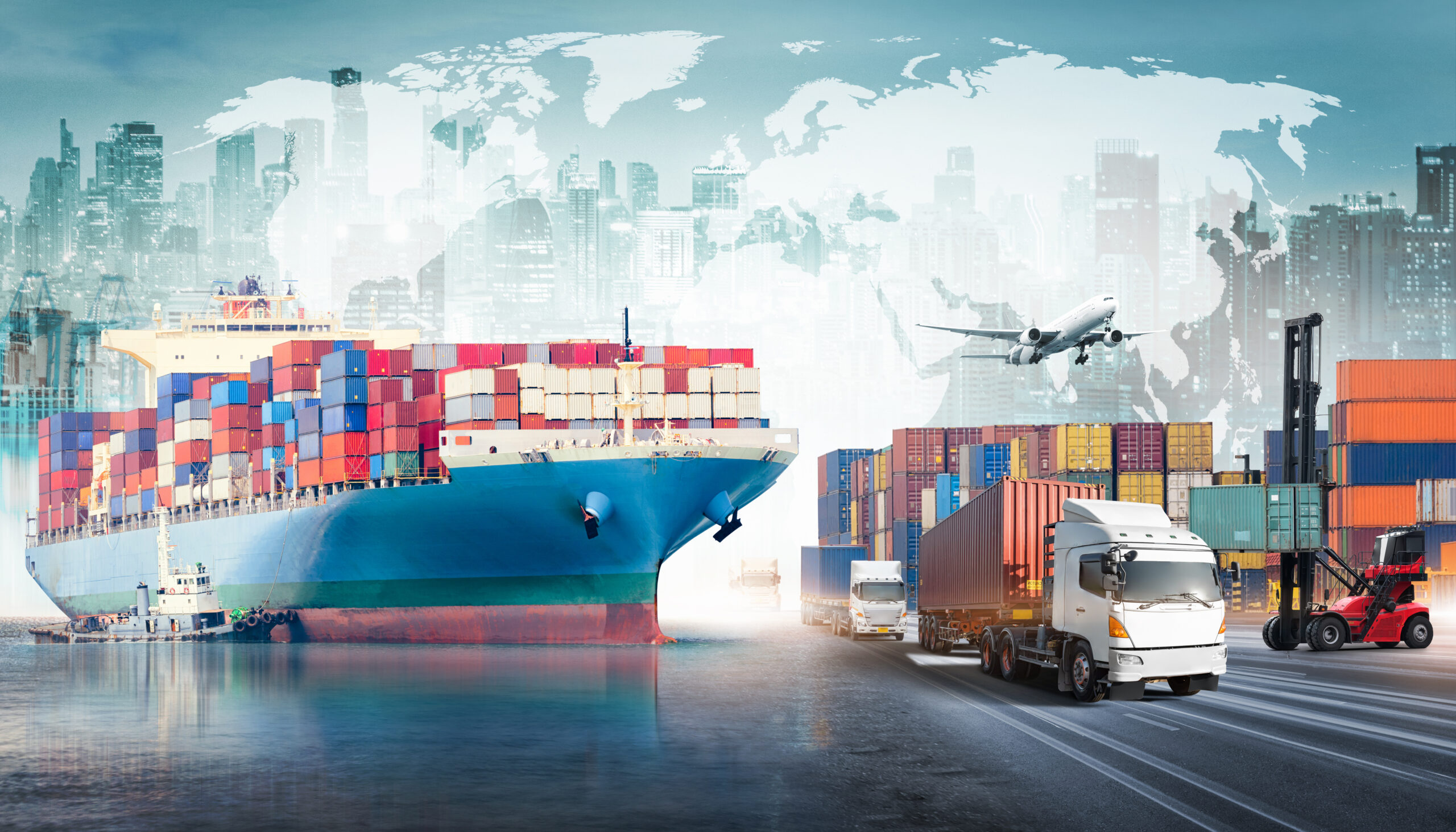The United States and China have agreed to suspend retaliatory port duties on each other’s ships for a year, providing temporary relief to global shipping lines caught in escalating trade tensions. The move represents a pause in a key element of the Trump administration’s efforts to challenge China’s dominance in global shipbuilding.
Read also: Washington stops port fees in the maritime truce between the United States and China, relieving pressure on global shipping
The suspension forms part of a broader trade truce between the two largest economies. President Donald Trump announced Thursday that he has reached an agreement with Chinese President Xi Jinping to eliminate some tariffs on Chinese goods in exchange for Beijing’s pledges to limit illicit fentanyl exports, resume purchases of U.S. soybeans, and maintain supplies of rare earth elements. The meeting in Busan, South Korea – the first between Trump and Xi since 2019 – capped the US president’s tour of Asia, which also included trade announcements with South Korea, Japan and Southeast Asian partners.
Washington imposed special port fees on China-linked ships on October 14 following a year-long investigation by the Office of the US Trade Representative (USTR) into China’s state-supported shipbuilding sector. The Biden administration launched the investigation in 2024, and Trump has since made it a central feature of his broader “America First” maritime policy. According to the Chinese Ministry of Commerce, the two sides will suspend their port fees for one year.
“Following the US suspension, China will also suspend its countermeasures against the United States for a year,” the ministry said.
US Trade Representative Jamison Greer stressed that the administration’s priority remains strengthening the US shipbuilding base. “We are trying to rebuild shipbuilding,” Greer told reporters aboard Air Force One when asked about the agreement.
Shipping companies welcomed the pause after weeks of disruption. These tit-for-tat measures have upended global trade routes, increased shipping costs, and forced shipping lines to reconstitute their fleets. Industry leaders described the suspension as a positive step toward stability.
“The reports regarding the US agreement to suspend port duties under Article 301 on China’s maritime, logistics and shipbuilding industries – and the reciprocal suspension by China – are a positive and welcome development,” the International Chamber of Shipping (ICS) said.
World Shipping Council President Joe Kramick added: “Global trade flows better when it flows freely. The suspension of ship tariffs by the US and China is a win-win for farmers, exporters and consumers.”
However, American labor unions remain skeptical. Roy Houseman, legislative director for the United Steelworkers, warned that the pause leaves major questions unresolved about the future of American shipbuilding. “This truce leaves unanswered how the United States plans to rebuild its domestic commercial shipbuilding base,” he said. “More than half of all global ship orders by tonnage this year went to China. This level of concentration is unhealthy for global trade.”
The USTR port fees were part of a broader maritime policy framework including the “Restoring American Maritime Dominance” executive order and the proposed Ships for America Act. Together, these measures constitute the most comprehensive maritime reform effort in the United States since 1970.
The policy arose from a petition filed in 2024 by the United Steelworkers and allied labor groups that accused China of using subsidies and industrial policy to control global shipbuilding. A January 2025 US Trade Representative report found these practices to be “unreasonable” under Section 301 of the Trade Act, paving the way for the port fee program introduced in April.
The one-year suspension, although easing tensions, leaves uncertainty about how both countries will proceed once its term expires. Maritime law expert Brian Maloney of Seward & Kessel said questions remained about the scope of the suspension and whether it would include retroactive relief for fees already collected.
For now, the truce has given the global shipping industry breathing room, even as Washington continues its long-term effort to rebuild American naval and industrial power.










